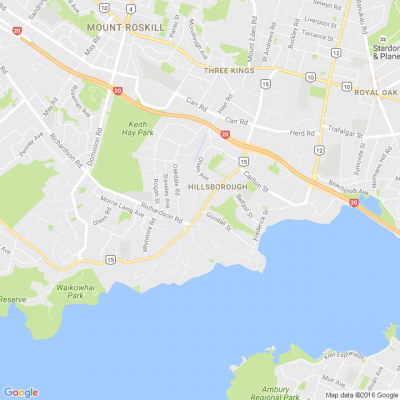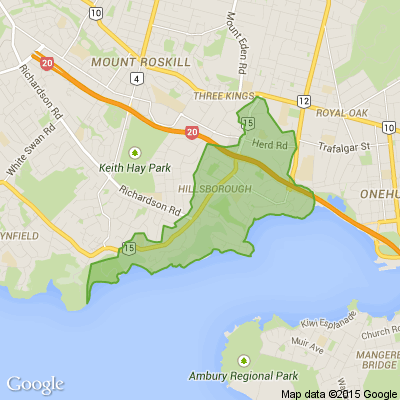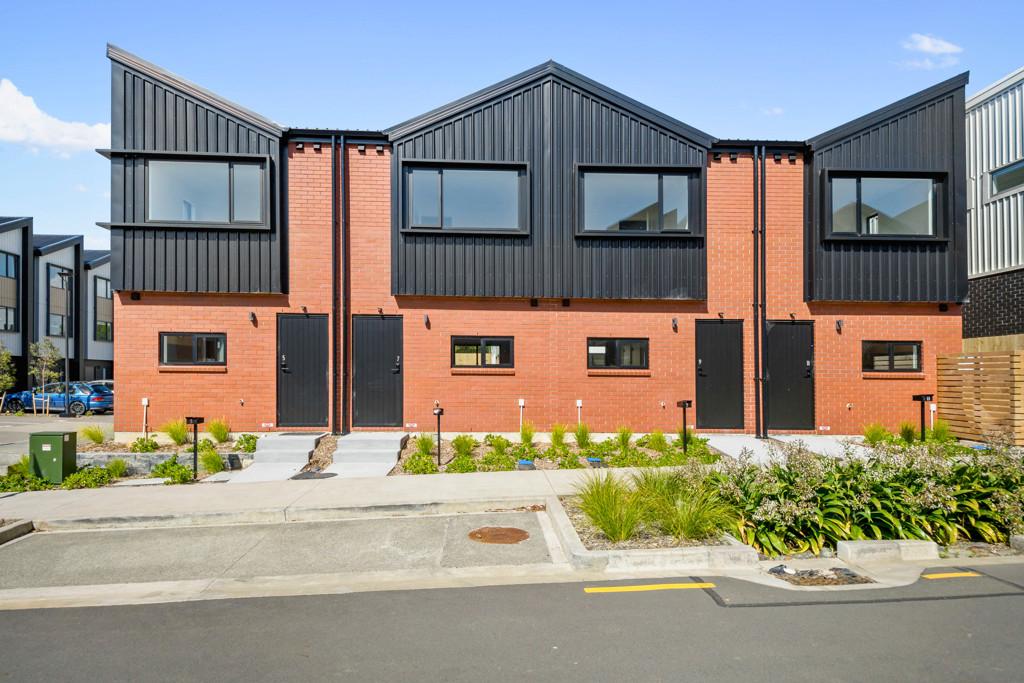Sleepout for Rent - Avondale
NZ$295/month
Facebook Marketplace view here rb.gy...
Trade Me view here rb.gy...
3 bedroom house with 3 bathrooms.
SLEEPOUT FOR RENT IN AVONDALE - AVAILABLE NOW
We have a large, sleepout available for rent, offering a separate and private space in a shared house on Rosebank Road, Avondale.
* Location Highlights:
- 15 mins drive to the city
- Minutes walk to Avondale flea market, cafes, shops, takeaways, bus stop
- 10 mins walk to the train station
* Sleepout Features:
- Private, spacious, and bright
- Fully furnished
- Kitchenette area with fridge/freezer, microwave, air fryer, jug (no running water)
- For proper meals, use the shared kitchen in the main house
- Shared main house bathroom with your own shower
* About Us:
- Main house has 2 people, a friendly dog, and a cat
- Upstairs: 1 person occupies the self-contained unit with its own amenities
- Downstairs: shared kitchen area with 1 other
- Chilled, not a party house
* Ideal Flatmate:
- Best suited for a single person (couples considered)
- Employed, tidy, reliable, easy-going
- Not suitable for young families
* Important Details:
- Sleepout is separate from the main house
- Shared amenities (toilet, kitchen) inside the main house
- AVAILABLE NOW
* Expenses:
- $35 p/w (includes power, unlimited fibre, water, lawn maintenance)
- Gas hot water (split cost every 2-3 months)
* Rent:
- $295 + $35 expenses per week (total $330 p/w)
- Bond: $990
* Move-in Costs:
- $1,320
If you are looking for a cozy place to stay, please send me a message to arrange a viewing!
Best way to use leftovers?
I'm sure you've got some excess ham at home or cold roast potatoes.
What are some of your favourite ways to use leftover food from Christmas day? Share below.

⚠️ DOGS DIE IN HOT CARS. If you love them, don't leave them. ⚠️
It's a message we share time and time again, and this year, we're calling on you to help us spread that message further.
Did you know that calls to SPCA about dogs left inside hot cars made up a whopping 11% of all welfare calls last summer? This is a completely preventable issue, and one which is causing hundreds of dogs (often loved pets) to suffer.
Here are some quick facts to share with the dog owners in your life:
👉 The temperature inside a car can heat to over 50°C in less than 15 minutes.
👉 Parking in the shade and cracking windows does little to help on a warm day. Dogs rely on panting to keep cool, which they can't do in a hot car.
👉 This puts dogs at a high risk of heatstroke - a serious condition for dogs, with a mortality rate between 39%-50%.
👉 It is an offence under the Animal Welfare Act to leave a dog in a hot vehicle if they are showing signs of heat stress. You can be fined, and prosecuted.
SPCA has created downloadable resources to help you spread the message even further. Posters, a flyer, and a social media tile can be downloaded from our website here: www.spca.nz...
We encourage you to use these - and ask your local businesses to display the posters if they can. Flyers can be kept in your car and handed out as needed.
This is a community problem, and one we cannot solve alone. Help us to prevent more tragedies this summer by sharing this post.
On behalf of the animals - thank you ❤️




















 Loading…
Loading…




